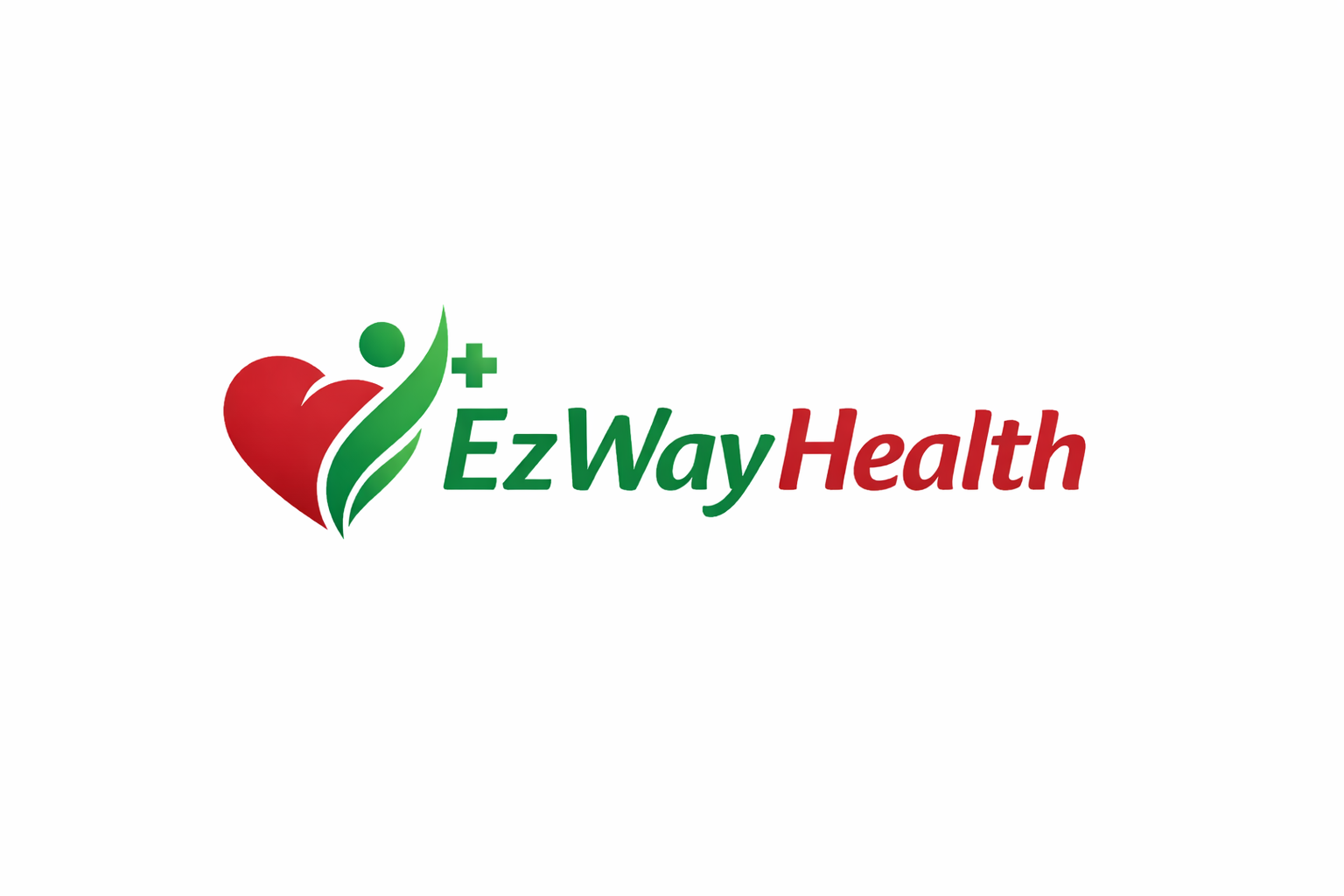Approximately 99% of the time, the productivity of a cardiology practice is measured by the quality of care delivered and how well it integrates a personalized approach for every patient. Cardiology EHR billing services can significantly improve operational efficiency, reduce errors, and boost revenue. In this blog, we’ll explore how specialized cardiology EHR billing services enhance patient care, ensure accurate reimbursements, and support the long-term growth of your practice.
In the World of Tech: Shifting the Paradigm in Cardiology
Modernized EHR Capabilities for a Better Patient Experience
Electronic Health Record (EHR) integration is transforming cardiology by improving both data management and patient interaction. Features like patient portals offer real-time access to medical records, lab results, and treatment plans, empowering patients to manage their health proactively.
Integrated messaging tools allow cardiologists to send reminders for appointments, refills, and lifestyle recommendations—leading to better adherence and fewer missed visits. Telemedicine capabilities further extend the reach of practices, providing high-quality care to patients in remote areas without the need for travel.
Advanced EHR systems also include clinical decision support tools that utilize patient history, predictive analytics, and evidence-based guidelines to help cardiologists develop highly personalized treatment plans. These innovations empower practices to deliver exceptional care while addressing today’s healthcare system challenges.
Enhancing Data Security and Compliance
EHR systems designed for cardiology come equipped with robust security features that ensure compliance with HIPAA and other regulatory requirements. Data encryption, secure logins, audit trails, and access controls reduce the risk of breaches and protect sensitive patient information. With increasing cybersecurity threats, these measures provide peace of mind for both providers and patients.
In addition, regular updates and support from EHR vendors help ensure that your systems stay compliant with the latest industry standards, including changes in billing codes and documentation practices. This proactive approach supports smooth operations and consistent reimbursement outcomes.
Improving Workflow: EHR Systems and Efficiency in Cardiology
Streamlining Administrative Processes
Optimizing workflows in cardiology is essential, as timely decision-making can significantly impact patient outcomes. Automation of routine tasks—like data entry—minimizes clerical errors and reduces administrative workload, freeing providers to focus more on patient care.
EHRs also enhance collaboration between specialists. For example, shared access to patient data across subspecialties ensures cohesive, well-rounded care and reduces the likelihood of redundant tests or conflicting treatments. Integration with practice management tools improves scheduling and resource allocation, reducing wait times and improving patient satisfaction.
Reducing Burnout for Medical Staff
The implementation of efficient EHR workflows directly impacts the well-being of cardiologists and support staff. By cutting down on repetitive tasks and documentation burdens, staff can concentrate on more meaningful interactions with patients. This not only improves job satisfaction but also reduces the risk of burnout—a major concern in today’s healthcare environment.

Cardiology Billing: Tackling Complex Challenges
Understanding the Unique Difficulties in Cardiology Billing and Coding
Billing and coding in cardiology involve a wide array of procedures, each with specific billing requirements. From echocardiograms to catheterizations, accurate coding is essential to avoid denied claims and financial losses.
The rapidly evolving regulatory environment further complicates billing. Staying current with CMS and private payer policies is crucial to remain compliant and avoid costly mistakes. Value-based care models also require precise documentation that reflects both the quality and quantity of care delivered.
Multiple cardiologists often contribute to a single patient’s care, complicating billing ownership. Without clear coordination, this can result in delays, denied claims, or unexpected patient charges. That’s why partnering with experts in cardiology EHR billing services is essential for navigating these challenges efficiently.
Adapting to Changing Billing Models
As healthcare shifts from fee-for-service to value-based care, cardiology practices must adjust their billing practices accordingly. This involves not only coding for services rendered but also documenting outcomes, quality metrics, and patient engagement efforts. Cardiology EHR billing services that support value-based care reporting can position practices for better reimbursement and long-term sustainability.
Top Tips to Streamline Billing Operations for Cardiology Practices
To optimize the billing process and financial health of cardiology practices:
- Invest in staff training on cardiology-specific codes and modifiers.
- Use electronic billing systems with automated claims submission and tracking for faster reimbursements.
- Conduct regular audits to align clinical documentation with billing codes and catch errors early.
- Streamline patient intake by verifying insurance details upfront to avoid claim delays.
- Maintain open communication with insurance payers to resolve billing issues promptly and reduce denied claims.
Additionally, integrating billing processes with EHR systems ensures better synchronization between clinical activities and financial workflows. This reduces redundancies, improves documentation accuracy, and leads to more reliable reimbursement outcomes.
Cardiology Revenue Cycle Management: Getting Your Finances in Order
Maximizing Revenue through EHR Integration
Effective revenue cycle management is vital for the financial health of cardiology practices. Cardiology EHR billing services play a pivotal role by streamlining coding, speeding up claim submissions, and ensuring timely reimbursements.
With EHRs, practices can monitor revenue flow, track payer performance, and identify bottlenecks. Data analytics offer insight into payer mix, helping practices negotiate better rates and refine service offerings.
Patient portals with payment tools increase transparency and make it easier for patients to settle bills—improving collection rates and boosting patient satisfaction. Ultimately, adopting smart cardiology EHR billing services ensures sustainability in today’s competitive healthcare landscape.
Leveraging Data for Financial Insights
One of the hidden strengths of EHR systems lies in their data analytics capabilities. Financial dashboards and reports help identify trends in denied claims, patient balances, and payer reimbursements. By reviewing this data, practices can take corrective actions, such as renegotiating contracts or investing in staff training, to improve their bottom line.
Preventing Denied and Delayed Claims in Cardiology
Best Practices for Claim Submission
Minimizing claim denials starts with accurate documentation and clear communication. Best practices include:
- Using checklists to reduce common coding errors.
- Securing pre-authorizations for procedures when required.
- Conducting regular denial audits to identify and correct systemic issues.
- Training clinical staff to improve documentation that supports billing codes.
- Educating patients on expected out-of-pocket costs to avoid billing surprises.
Implementing these strategies helps practices reduce delays, improve financial performance, and maintain trust with patients.
Enhancing Insurance Verification and Eligibility Checks
Ensuring patients are covered before services are rendered is one of the most effective ways to prevent denied claims. Front-desk staff should verify eligibility and benefits at the time of scheduling and again at check-in. Automating this process through EHR systems can further streamline operations and prevent costly mistakes.
Revolutionizing Personalized Care with EHR Systems
Leveraging Patient Data for Tailored Treatment and Engagement
Modern EHR systems allow cardiologists to harness data for personalized treatment plans. By analyzing trends in clinical history and genetic risk factors, providers can develop customized care strategies.
Educational tools, alerts, and health risk notifications sent via EHR platforms increase patient engagement and improve adherence. Integrating patient-reported outcomes further tailors care and strengthens patient-provider communication—leading to better outcomes and greater satisfaction.
Using Predictive Analytics for Better Outcomes
Some EHR systems now incorporate predictive analytics that help identify patients at risk of adverse events or readmissions. This enables providers to intervene early with targeted care plans, improving outcomes and reducing hospital costs. In cardiology, where early intervention can be life-saving, this feature is especially valuable.
Enhancing Patient Relationships Through Smart Communication Tools
Building Trust Through Transparency
Effective communication is at the heart of strong doctor-patient relationships. EHR systems with secure messaging, automated appointment reminders, and accessible educational content enable practices to stay connected with patients between visits.
Feedback features also allow patients to share their care experiences, providing valuable insights to improve services. These tools foster transparency, trust, and loyalty—making EHRs indispensable in today’s cardiology practices.
Encouraging Long-Term Engagement
When patients feel heard and understood, they’re more likely to stay engaged in their care. EHR systems support this by making it easier for patients to access information, reach their providers, and understand their treatment plans. Over time, this builds a loyal patient base and strengthens the practice’s reputation in the community.
Cardiology EHR billing services are not just about paperwork—they’re central to delivering better patient experiences, optimizing practice operations, and ensuring sustainable revenue. By embracing the right technology and workflows, cardiology practices can thrive both clinically and financially in today’s ever-evolving healthcare landscape.

